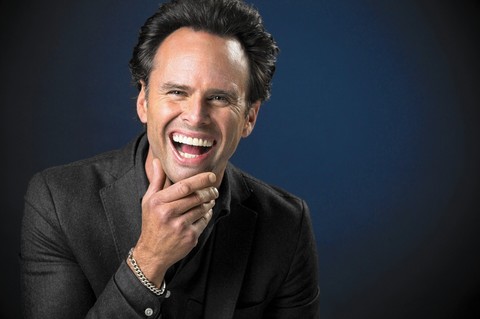In the US: Wednesdays, 10/9c, NBC
In the UK: Not yet acquired
Entering people’s minds is something that TV and film likes to do. I don’t mean the minds of the audience and I don’t mean it metaphorically – I mean it’s a medium that likes to visually recreate the thoughts and dreams of characters and make them a world that other characters can enter. In this genre, film has given us the likes of Brainstorm, Dreamscape, A Nightmare on Elm Street and, possibly best of all, Inception.
Meanwhile, TV has given us VR5, Stitchers, Falling Water, Legion and now its least impressive effort to date, Reverie.

Reverie
Reverie is an even more nonsensical, formulaic affair than the average piece of NBC sci-fi, giving us Sarah Shahi (Life, Fairly Legal, Person of Interest) as a former hostage negotiator who’s dropped out of the force. Why? BECAUSE THE ONE PERSON SHE COULDN’T SAVE WITH HER SKILLS WAS HERSELF. And her sister. And her niece. Basically, it didn’t go well.
Anyway, old pal Dennis Haysbert (The Unit, 24, Incorporated, Backstrom) comes a knocking at her door one day. He’s gone private sector and now works at the stupidly titled ‘Onira-Tech’ (it’s Greek, darling), which has developed a new dream manipulation-virtual reality technology that allows people with a bit of cash to tailor-make their own dreams. Trouble is, loads of people are now in comas because they apparently don’t want to leave their dream dreams and any attempts to wake them will probably kill them.
Fortunately, version 2.0 of the tech is in the offing and that allows people to share their dreams with someone else. Will Shahi be willing to use the experimental tech as well as her hostage negotiation skills to talk the dreamers down and out of their self-made utopias? And will it mean she’ll have to face her own mental demons to do so?
You betcha. Unfortunately, it’ll make you fall asleep when she does.










